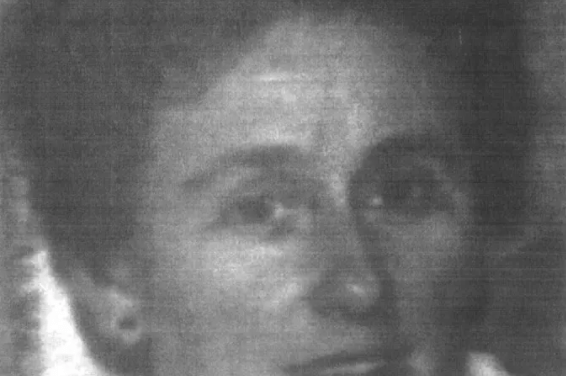
Kathleen Thompson
Report from today’s proceedings in the Coroner’s Court where Madden & Finucane represent the family of Kathleen Thompson.
A former Brigadier in the British Army today described as ‘fanciful’ some of the claims made by another soldier in his evidence to the inquest into the shooting of a Derry mother-of-six Kathleen Thompson on November 6 1971.
Brigadier Guy de Vere Hayes was being asked on the first day of the resumed hearing if claims by a former soldier identified as Soldier E that some 3,000 soldiers were involved in the operation that resulted in the death.
The Brigadier said that this was not feasible given the strength of the battalion at the time and added that at most there would have been ‘a few hundred soldiers’ involved.
He was also asked about claims by Soldier E that he had been given orders to shoot out street lights and also to shoot anyone that crossed open grassland ‘and ask questions later.’
The former soldier said again it was ‘fanciful’ and doubted that such orders would be given.
He added that shooting out street lights would hinder an operation as the night sights available at the time were not very good.
The inquest into the death of Mrs Thompson resumed today.
The inquest originally opened in March 2018 and was adjourned to allow further military witnesses to be traced.
At the start of today’s proceedings, Ian Skelt QC, counsel for the Coroner, said the circumstances of Mrs Thompson’s death were a ’cause for concern for her family and the general public.’
He added that there was ‘dissatisfaction’ in the way the case was handled and that in 2013 the Attorney General had ordered a new inquest.
Mr Skelt said that the initial hearing had heard from a former soldier identified as Soldier D who ‘accepted firing into the back garden at the time she died.’
The inquest was told that there would be a approximately 13 more witnesses heard over this week and next although two were probably medically unfit.
The first witness was Brigadier de Vere Hayes who was adjutant of the 2nd Royal Green Jackets regiment stationed in Ballykelly in November 1971.
He said that his role was administrative and would have involved making soldiers available for interview if an investigation was going on.
Brigadier de Vere Hayes said he had no recollection of the shooting of Mrs Thompson but said he was contacted years later by Soldier D who was being investigated for the death.
The witness was asked would a soldier be questioned if on return to the camp he claimed to have fired two shots but 10 rounds were missing and he said they would be.
Mr Skelt asked the witness would it be unusual for the Royal Military Police to investigate an incident and the Brigadier replied there had been ‘an awful lot of shooting incidents at the time’ so there was nothing unusual about an RMP investigation.
He said as regards Mrs Thompson’s death he believed it was investigated in Derry city itself rather than back at Ballykelly.
He was asked did he remember the protests and press coverage of Mrs Thompson’s death and he said he didn’t.
The hearing continues.
You must be logged in to post a comment.